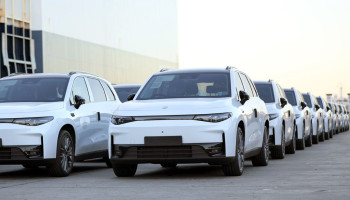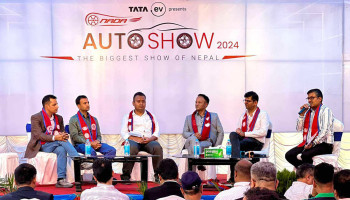Monsoon season brings lashing rains, strong winds, waterlogged roads, and in many cases, flood-like situations, it becomes vital to know when and how your EV might need a little extra care. Here we have compiled a list of things to look out for to ensure your electric four or two-wheeler gets the proper care required this time of the year.Always use a certified chargerYour EVs come with their own particular chargers. These certified charged chargers come with in-built protective layers to work during such weather conditions. The original charger that came with your EV prevents any short-circuit, sparks, current loss, etc. So, it is recommended that you always use an OEM-certified charger to charge your EV.Rodent Bites and CorrosionMaintain a clean and dry parking space to ensure rodents stay away from your vehicle. During monsoons, there is the risk of rodent bites as these are attracted to wet surroundings. Just a small nibble on the wiring system of your EV might damage and expose the internal mechanism. This can result in the corrosion of the electrical connectors and wires of your EV. Hence, it is advised to keep your car parked in a dry place whenever possible. If you don't have access to a proper garage, you can use waterproof covers to prevent any contact with rainwater.Additionally, it is recommended not to keep your wet belongings (clothes, shoes, umbrellas) inside your car as the resulting moisture can make the interior smell awful. Get rid of any trapped moisture by rolling down the windows once your car is parked in a safe space. Similarly, you can also keep tissues/newspapers handy to soak up any moisture. You can also use a hair dryer to dry up the wet spots.Safe chargingAlthough electric vehicles are purposefully engineered to withstand rain and water intrusion, charging during monsoon can be a tricky business because of the current surges that can cause short-circuit in the charging point and impact the internal circuits of the car. This can be prevented by ensuring that the vehicle is charged in a dry and covered area. However, avoid charging your EV during extreme weather conditions such as heavy thunderstorms or lighting.Waterlogged areasWaterlogged areas are a common sight during monsoon. Many of our roads are prone to chronic flooding every monsoon season. Vehicles can often be seen stuck in pools of water or wading through submerged roads. There's a myth that electric vehicles get damaged in waterlogged areas, however, this doesn't necessarily stand true. EV has an Ingress Protection (IP) system, i.e., electric vehicles have ratings ranging from IP61 to IP68 to specify the component's water resistance capability.Generally, EVs are rated at IP67 which means your EV can be submerged underwater for 30 minutes and up to a depth of 1 meter without any leakage. Even if you encounter a water logging situation, all systems of your EV (terminals, connectors, battery pack) have multiple layers of protective cutoffs to ensure there is no damage.We advise you to follow the above-mentioned tips on your own EVs and strongly advise you to take your EVs to a certified technician at the authorized service center if you run into any trouble.
Published Date: 2023-06-30 15:01:50
Post Comments
Most Read This Week
More Local News

Bajaj Introduces Exchange Program throughout Nepal
October 25, 2024

Leapmotor Sends First Shipment of C10 SUVs from China to the Asia Pacific Region, Including Nepal
October 15, 2024













